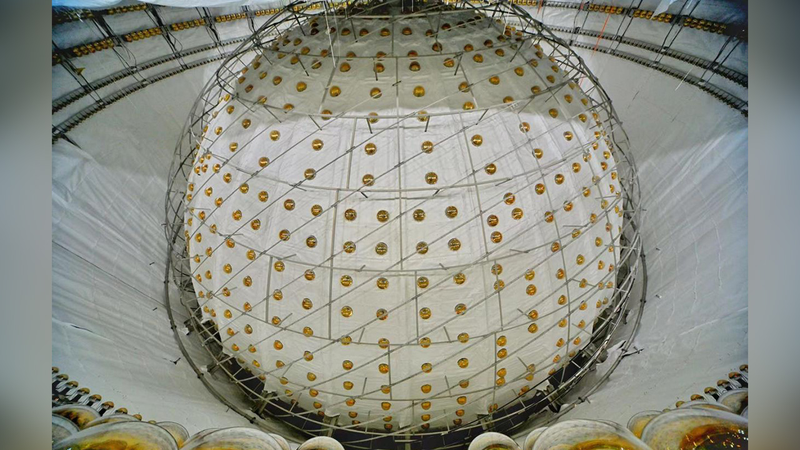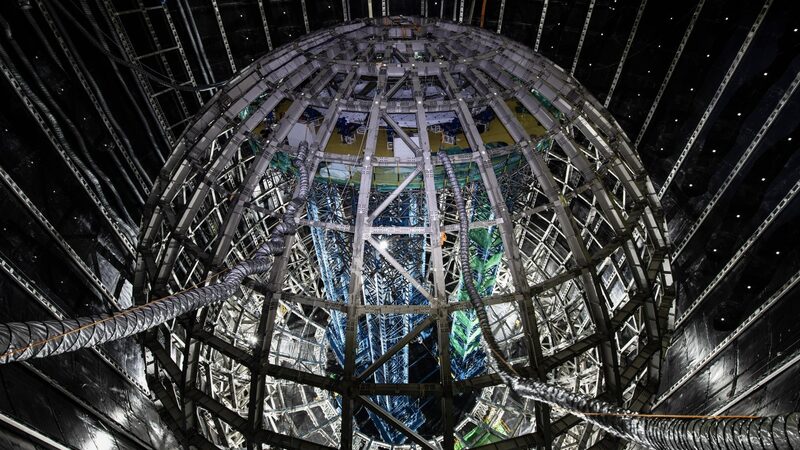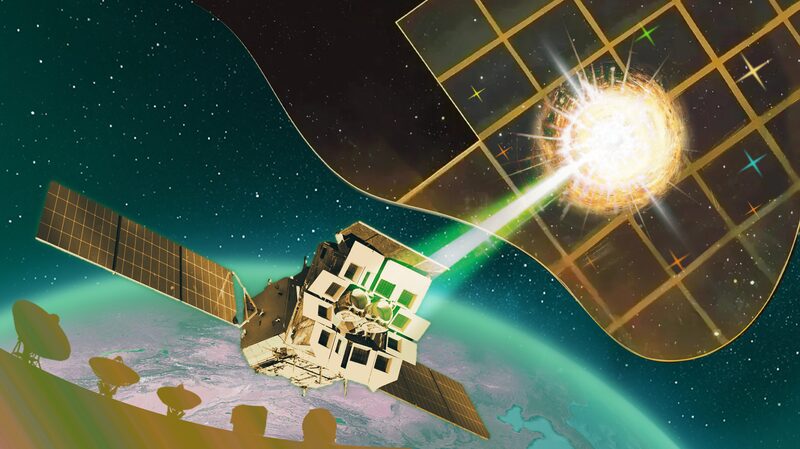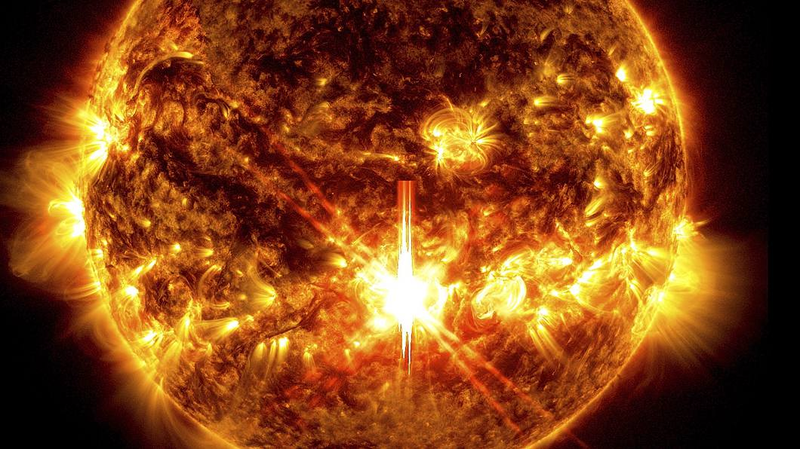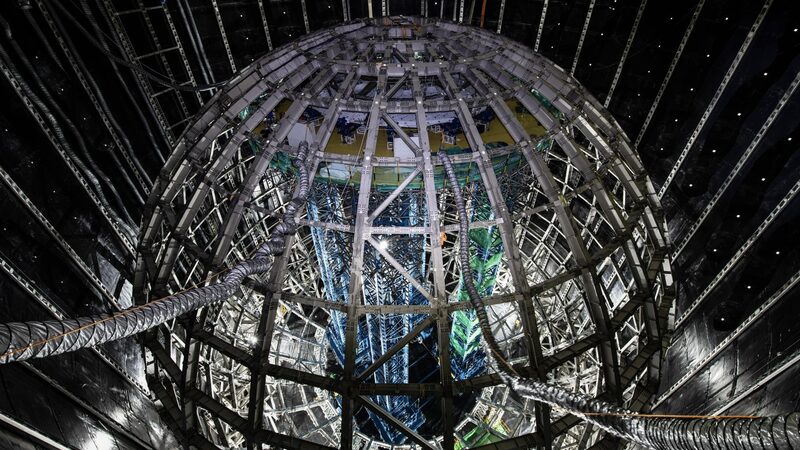China's Jiangmen Underground Neutrino Observatory (JUNO) has reached a pivotal milestone, completing the liquid filling of its 20,000-tonne detector and commencing data collection this week. The project, over a decade in the making, positions China at the forefront of global efforts to unravel the mysteries of neutrinos – subatomic particles critical to understanding the universe's fundamental laws.
JUNO's advanced design enables unprecedented precision in studying neutrino oscillations, with initial tests confirming its performance exceeds expectations. A key focus is determining the neutrino mass hierarchy – a puzzle that could reshape particle physics and cosmology. Resolving this question may explain why matter dominates over antimatter in the universe.
"This achievement marks a new chapter for neutrino science," said Professor Wang Yifang of the Chinese Academy of Sciences' Institute of High Energy Physics. "JUNO's scale and sensitivity offer unique opportunities to explore nature's deepest secrets."
The observatory's progress holds implications beyond academia. Improved neutrino detection capabilities could inform future energy technologies and deepen insights into astrophysical phenomena like supernovae. For investors, JUNO underscores China's growing role in cutting-edge scientific infrastructure, while diaspora communities may view it as a symbol of technological homecoming.
Located 700 meters underground in Guangdong province, JUNO avoids cosmic ray interference while monitoring neutrinos from nuclear reactors and celestial sources. Its success strengthens international scientific collaboration, with over 700 researchers from 17 countries participating.
Reference(s):
cgtn.com
